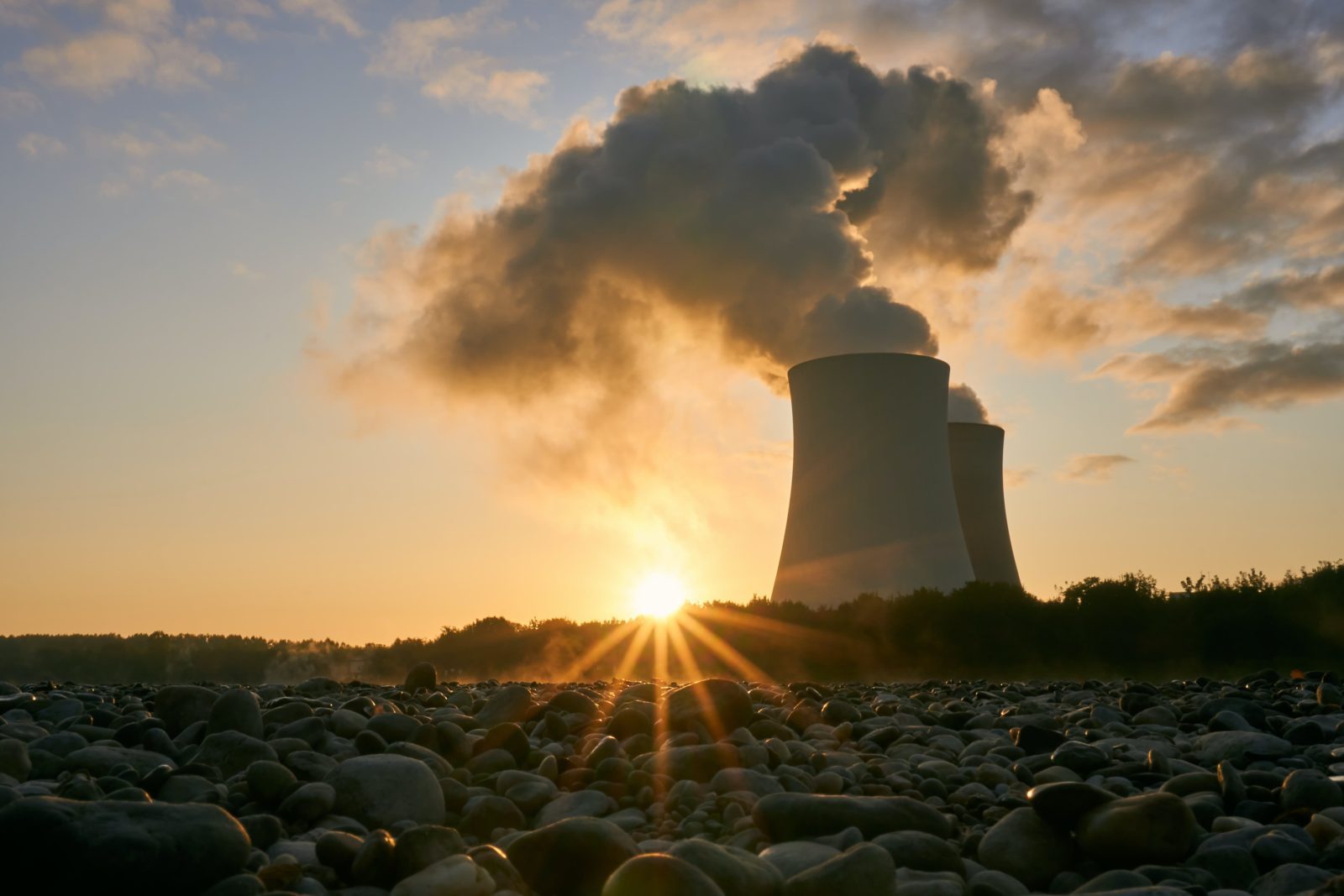The recent decision of the Czech government to adjust the nuclear tender and build up to four blocks was unexpected, according to Jiří Gavor, an analyst at the Energy and Nuclear Agency (ENA). This decision indicates a move towards nationalizing at least the nuclear part of ČEZ, the largest utility in Central and Eastern Europe.
The government’s announcement suggests that Westinghouse, a major player in the nuclear energy sector, has been eliminated from the bidding process, leaving only the remaining two competitors. This is somewhat unfortunate, as Westinghouse, unlike France and Korea, already operates a block of the required power. However, Gavor does not consider this a tragedy, as both EDF and KHNP have already had to submit price offers, and he does not expect them to increase the price subsequently.
The current plan to build two blocks in Dukovany initially surprises Gavor, as there has been no definitive decision on decommissioning the four existing blocks. The trend in the world is to extend the lifespan of nuclear power plants. Although they will reach fifty years of operation during the 30th year, this does not necessarily mean they cannot continue operating for sixty years or even more.
The total cost of the four blocks is likely to exceed one trillion crowns, regardless of the government’s talk of a discount. The price will be conditional, not turnkey, meaning that anything above this amount would be an extra burden for the suppliers.
Gavor believes that if the government decides to go in this direction, everything aims to nationalize at least the nuclear part of ČEZ fully. Such an extensive investment, which will multiple times exceed the market capitalization of ČEZ, would encounter problems under the current ownership structure, where the state does not hold 30 percent of the shares.
The ongoing dispute between Westinghouse and KHNP over intellectual property could affect the tender. However, Gavor has not heard of Westinghouse withdrawing objections to the Korean applicant. Nevertheless, this presents a particular risk that burdens their position. With these new circumstances, France, having a solid voice in the European Union regarding notification and approval and being more familiar with European regulations for constructing nuclear facilities, is Gavor’s favorite.





